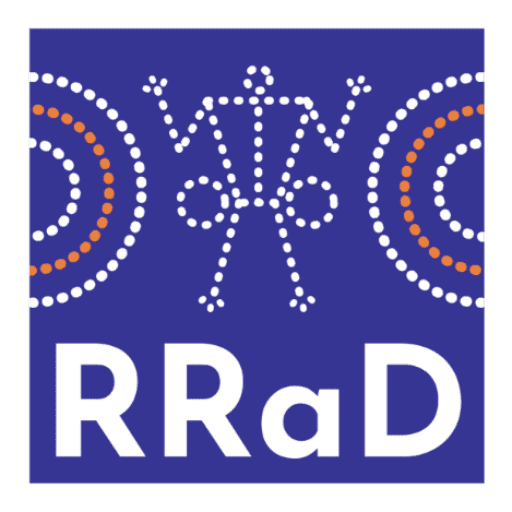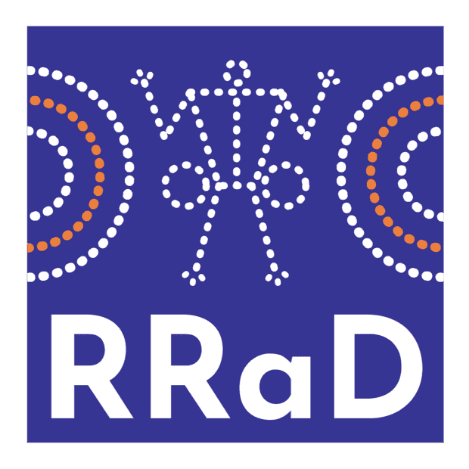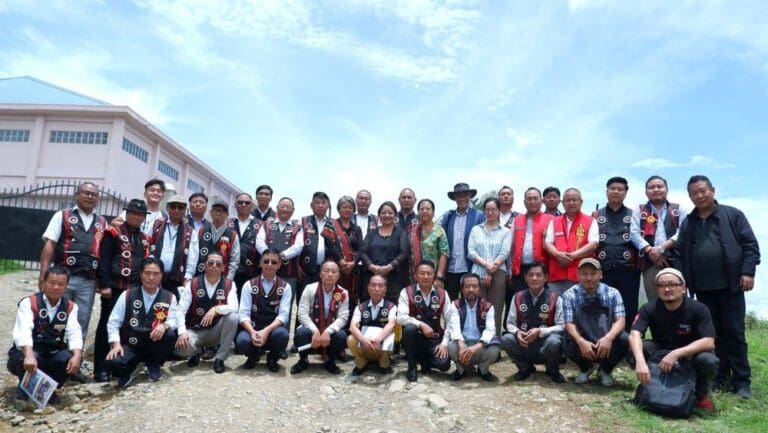Drawing attention to the material objects (including many from Northeast India) housed at the Museum of Archaeology and Anthropology (MAA) in Cambridge, Mark Elliott, Senior Curator in Anthropology, MAA revealed that out of 4,464 catalogue records from India, there are 922 records from Northeast India.
He was one of the speakers for a discussion on ‘Museums and Northeast India: Decolonising narratives from the Indian Borderland’ organised with the aim to contribute to conversations on museums, repatriation, community healing, and what curatorial practices centred on community knowledge and experiences in Northeast India could look like.
In terms of places represented, Mark Elliott highlighted that there are 49 records from Arunachal Pradesh, 206 from Assam, 62 from Manipur, 6 from Meghalaya, 11 from Mizoram, 572 from Nagaland and 18 artefacts from Sikkim respectively. In terms of the people represented, he said that the collections come from 36 identified peoples, half of which are Naga communities. In this regard, he also said that efforts have been made to correct and update the names of the groups by removing or contextualizing historic names which are now obsolete or offensive. He however stated that “obviously this work isn’t complete” while seeking advice and correction in this connection.
Dolly Kikon, Associate Professor at the Anthropology and Development Studies program, Melbourne, Australia gave a background on how the repatriation process started while expressing that it has been “a journey of unlearning”. In the last two years or so, she also said that, “one of the things we have learnt is to listen to the people i.e., the Naga people.”
She further highlighted that “there are apparently over 50 museums in Britain alone that houses Naga collections.” “And then we can go over to Germany, Austria, Switzerland”, she added. At this moment, she said, “we are looking at the second phase of the initiative, where there is deep dialogue and deep listening.”
“How do we understand in the indigenous context, the process of colonisation or what does it even mean when there has been so many layers of violence?” she posed in this regard. With the matter of decolonisation surfacing, she said, “we are beginning to slowly listen to each other” while emphasizing that “listening is very important for us in this journey and also learning together.”
Arkotong Longkumer, Senior Lecturer in Modern Asia at the University of Edinburgh, UK talked about two aspects of what the team is doing—namely the RRaD (Recover Restore and Decolonise) website and the graphic novel titled ‘A Path Home.’ Meren Imchen is the illustrator of the graphic novel. The RRaD team, he explained, “was primarily a platform to bring together our different interests and to consolidate all of these interests under one platform and we decided to come up with this website.”
On the graphic novel, he said that they were influenced by NAGPRA comics. “We wanted to create something like this, which is visually rich and plays around with the landscape of the people, introduces animals, foods and colours, and also at the same time make it accessible to the public,” he put across.
He further gave a brief highlight about the characters in the graphic novel that includes a grandmother who is seen as the knowledge keeper and her inquisitive grandchild besides other characters in the book. “I wanted to evoke this sense of the eternal landscape around us and how these characters are representing that,” he stated in this regard.
In the meantime, he also gave emphasis on the repatriation process as a global partnership between different institutions as well as between indigenous peoples and their experience.
Shradha TK Lama from Sikkim, who is currently an MPhil student at the Department of Social Anthropology, Cambridge was the guest moderator for the discussion.
First published in The Morung Express on January 28, 2023
Link: https://morungexpress.com/museums-and-northeast-india




